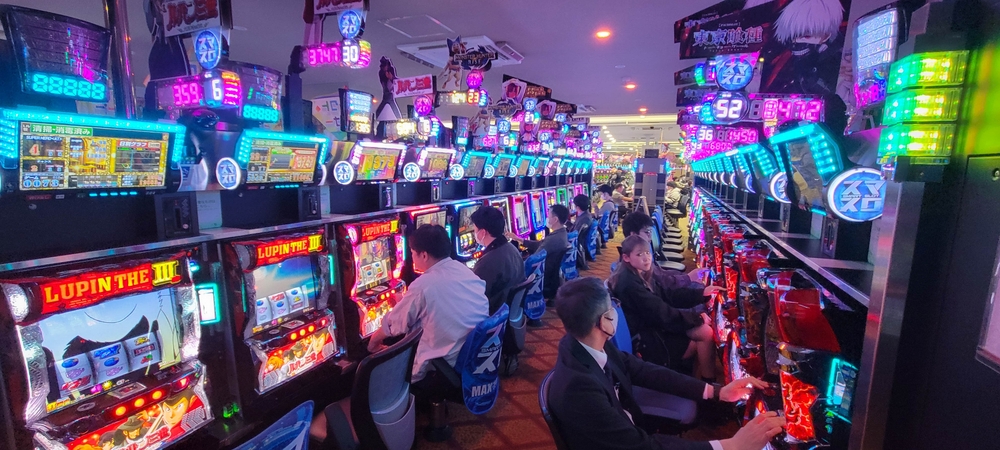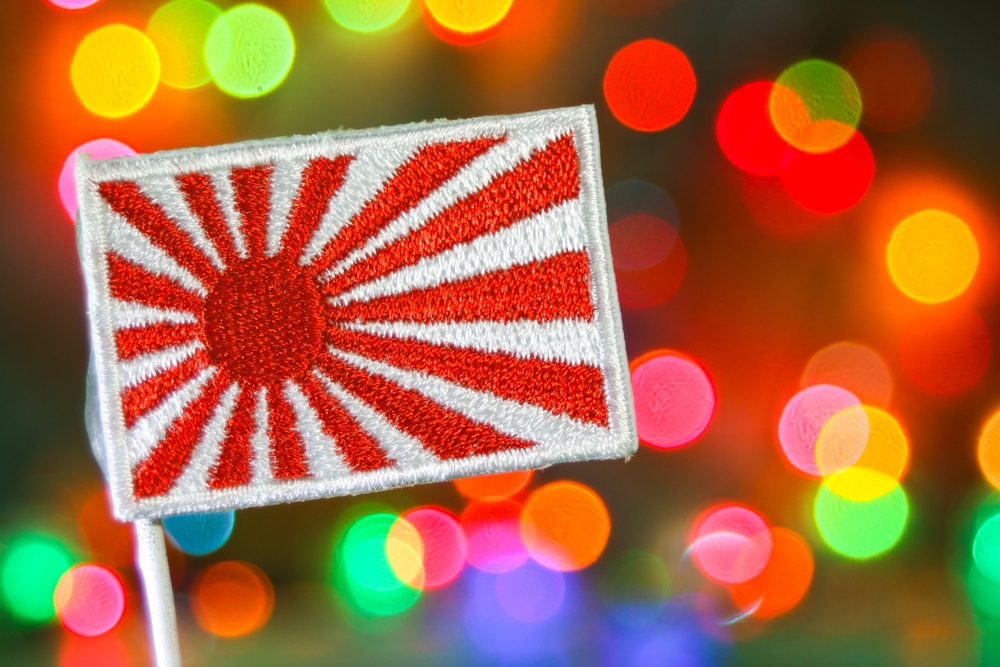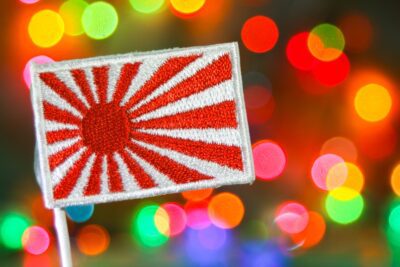Despite historically tight legal restrictions, Japan is a nation of gamblers. Remarkably, it has one of the highest GGRs in the world – bigger, for example, than either the U.S. or the UK.
According to reliable sources, in 2022 Japan had Gross Gambling Revenue of ¥23.3 trillion, the equivalent of some £114 billion or US$150 billion.
Most forms of betting are prohibited under the Japanese Penal code, but the industry is fruitful, and dispersed across Pachinko–a colourful, arcade-style game–, sports betting and various lotteries; a cultural tradition dating back to the 14th Century, which is run by state authorities or prefectures.
Japanese customers currently satisfy their appetites for casinos, which, until very recently were completely illegal, by flocking in large numbers to neighbouring gambling hubs such as Korea, or further afield to Macau, where they account for 57.2 percent of international visitors to Macau resorts.
Yakuza
There is also a significant illegal market both online and in physical spaces, with long-standing Yakuza-run mahjong parlours and underground Tobaku casinos, as well as overseas online platforms.
Illicit iGaming is considered an ever-growing problem.
According to a survey by the Japanese National Police Agency, there are approximately 3.37 million Japanese iGaming users of overseas online casinos, with some estimates indicating an annual spend of ¥1.2 trillion (£5.87bn/US$7.73bn).
Other reports put the value of the still-illegal Japanese iGaming market at the equivalent of £6.15 billion (US$8.1bn) in 2024, with projections that it will reach £9.79 billion (US$12.9bn) by 2033.
Radical Change
But now–as Japan’s long-awaited push into the world of Integrated Resorts (IR’s) takes shape–the nation’s gambling landscape is set for radical change.
At the centre of this revolution lies Yumeshima, an artificial land mass off the coast of Osaka whose name, fittingly, translates to “Dream Island”.
Once a landfill site, Yumeshima is poised to become the country’s first IR hub: A self-contained entertainment district blending casinos, luxury hotels and cultural attractions run by Las-Vegas anchored MGM.

Construction began earlier this year and the resort is expected to open its doors to the public in Autumn 2030.
Former Japan prime minister Shinzo Abe had a vision: In 2016, with the introduction of the Integrated Resort Promotion Law, he pledged to “promote resorts offering leisure and recreation services all in one place, which will attract visitors from all over the world”.
Vision
And today Abe’s protegee, newly-elected PM Sanae Takaichi, Japan’s first female leader, is embracing this vision.
A former heavy metal drummer with a love of Margaret Thatcher, Takaichi aims to become Japan’s very own “Iron Maiden”.
Japan has historically attracted low levels of inward foreign direct investment (FDI) compared with other advanced economies – a structural weakness Tokyo is confronting through institutional efforts, including a government taskforce to promote inward investment.
The MGM–ORIX Osaka project on Yumeshima is one of the largest foreign-linked developments in recent Japanese history.
It embodies this shift, bringing foreign management, brand cachet and roughly ¥1.08 trillion of planned investment to Osaka (£5.28bn/US$6.95bn).
Like Thatcher (though perhaps less publicly), Takaichi is set to embrace injections of foreign capital, beginning with Osaka, as part of a broader political strategic push to reboot the nation’s long-stagnant economy.
Risk
But herein lies a considerable tension: Economic opening vs Japan’s culturally-cautious social politics.
Japan’s public and political institutions are markedly conservative on social risk issues.
The state has already strengthened anti-addiction frameworks–notably the 2018 Basic Act on Countermeasures for Gambling Addiction–and continues to move against illegal online operations.
These moves reflect a broader impulse to tightly regulate commercialised gambling on home soil.
So the central question for Yumeshima–and for Japan’s IR experiment more broadly–is twofold:
Will regulated Integrated Resorts channel demand away from the country’s existing underground and offshore gambling markets, thereby concentrating value in a transparent, taxable, and internationally managed venue?
Growth Engine
And will the cultural and institutional impulse toward protection and prudential policing produce IRs that are more conservative and containment-focused rather than the free-wheeling, Macau-esque resorts found elsewhere in the region?
The answer will determine whether Yumeshima becomes a genuine growth engine for FDI that regulates changing Japanese gambling markets–including the ever-growing, illicit iGaming market–or a carefully-fenced tourism enclave.
Either way, Yumeshima–a literal “Dream Island” where Japan’s desire for new capital and global visitors meets its enduring instinct for social control–will be a test case.
And crucially for the international iGaming industry: Will it lead to a new appraisal of the benefits of wider 360 regulated–fully legal–gambling, embracing the country’s vast “Wild East” online betting space?
Order, after all, is a defining feature of this unique nation.
Next week: Trilby Browne explores the social impact of iGaming in Japan




